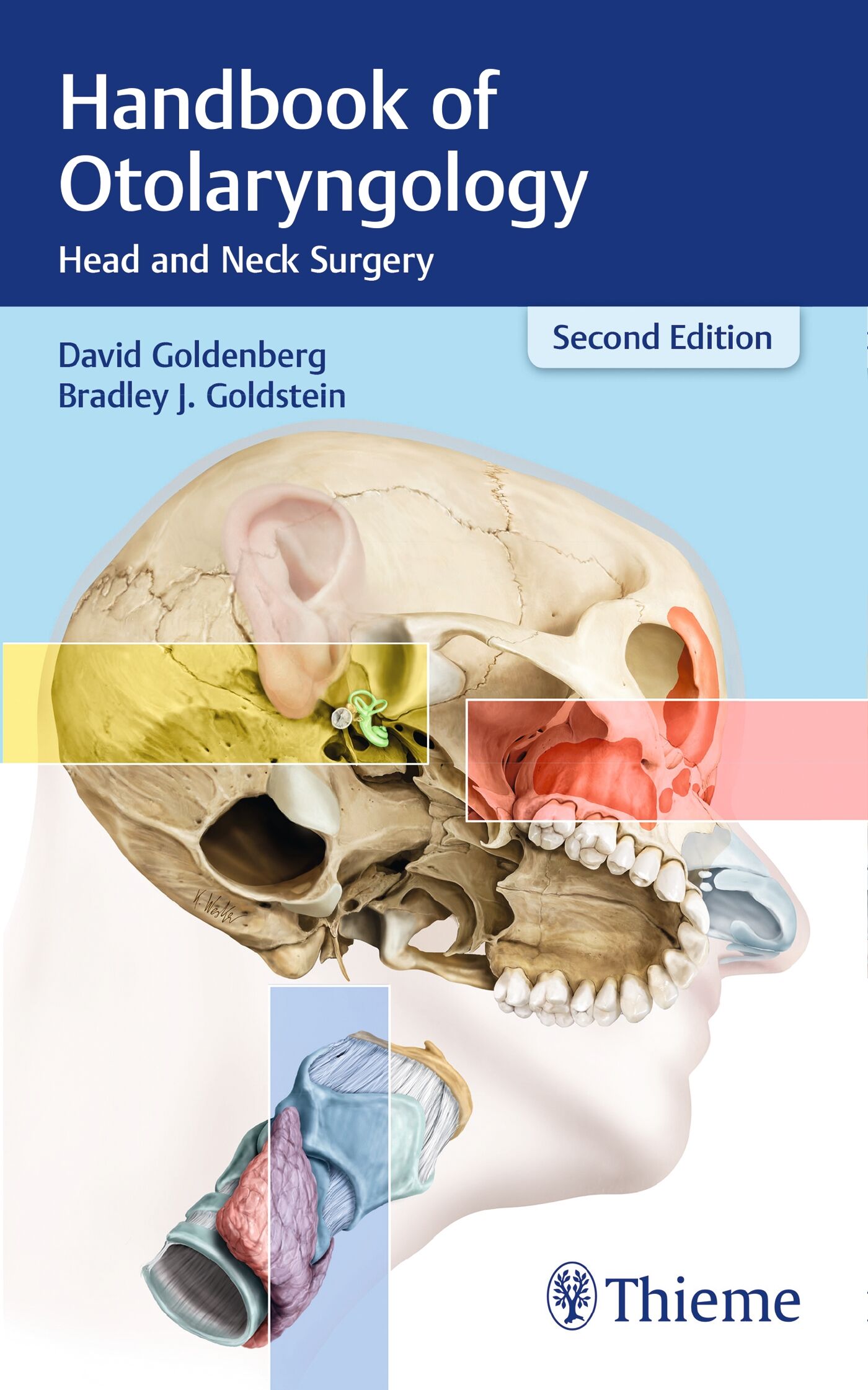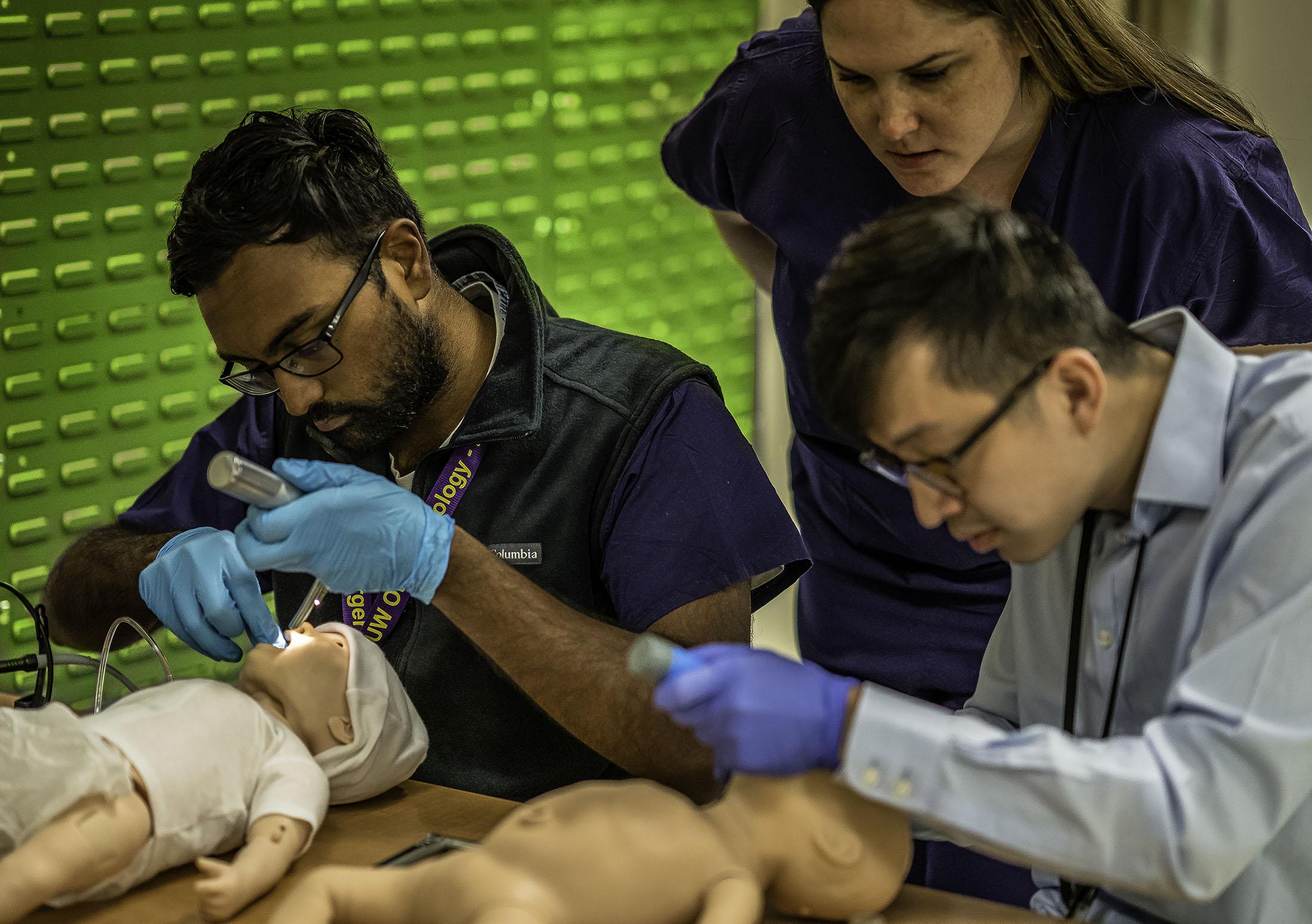Issues with Hearing? Here's When to Seek Help from a Hearing Expert
Issues with Hearing? Here's When to Seek Help from a Hearing Expert
Blog Article
Discovering the Area of Otolaryngology: What to Anticipate When You Seek Advice From an ENT
Otolaryngology, commonly described as ENT, encompasses the diagnosis and treatment of throat, ear, and nose disorders. For those experiencing related problems, speaking with an ENT professional can supply clearness and alleviation. Understanding what to expect throughout such consultations is essential for effective interaction and treatment. This overview will detail vital aspects of the ENT experience, consisting of usual reasons for check outs and the procedures associated with diagnosis and therapy.

Understanding Otolaryngology: An Introduction
Otolaryngology, commonly described as ENT (Throat, ear, and nose) medication, is a specific branch of medicine that concentrates on the diagnosis and therapy of conditions influencing these vital locations of the human body. This area encompasses a vast array of problems, including those associated to hearing, equilibrium, respiratory feature, and speech. Otolaryngologists are trained to take care of both medical and medical therapies, utilizing innovative techniques and innovations. Their experience expands beyond traditional conditions, addressing problems such as allergies, sinus infections, and hearing loss. In addition, they play a crucial role in the monitoring of head and neck cancers, providing detailed care tailored to private client requirements. Generally, otolaryngology continues to be essential for maintaining wellness and quality of life in afflicted people.
Typical Factors to See an ENT Expert
Several people look for the proficiency of an ENT expert for a selection of reasons, mirroring the varied nature of problems that affect the ear, throat, and nose. Typical problems consist of persistent sinusitis, which typically causes consistent nasal congestion and facial discomfort. Allergies and their associated signs, such as sneezing and itching, also prompt brows through to these specialists (Hearing). Hearing loss, whether gradual or sudden, is another significant factor for assessment. Furthermore, people might look for analysis for throat problems, consisting of consistent hoarseness or swallowing difficulties. Sleep apnea, identified by disturbed breathing during sleep, is frequently dealt with by ENT professionals. Each of these conditions highlights the relevance of specialized treatment in taking care of intricate ENT-related health and wellness problems
Planning for Your ENT Appointment
When preparing for an ENT consultation, it is important to gather relevant details and take into consideration any certain worries. Individuals need to put together a detailed case history, including previous ear, nose, or throat issues, surgical treatments, and present drugs. Documenting symptoms-- such as seriousness, frequency, and duration-- can offer useful understandings for the ENT specialist. Additionally, individuals need to prepare a checklist of questions they desire to ask, guaranteeing that all worries are resolved throughout the see. Bringing along any type of appropriate medical records or test outcomes can better aid the ENT in understanding the client's condition. Clients should verify their consultation details, consisting of time, place, and day, to decrease any type of last-minute confusion. Correct preparation can improve the effectiveness of the examination and result in far better results.
What to Expect Throughout the Examination
As the assessment begins, the client can anticipate to involve in a comprehensive conversation with the ENT professional about their signs and symptoms and medical background. The specialist will ask about the period, regularity, and severity of symptoms such as hearing loss, nasal congestion, or aching throat. Additionally, the person's previous clinical problems, medications, Sinus and any type of pertinent family members history will certainly be assessed, assisting the specialist in creating a complete understanding of the patient's health and wellness. The ENT might additionally ask about lifestyle aspects, such as direct exposure to toxic irritants or allergens. This open discussion develops a structure for the consultation, guaranteeing that the individual's worries are addressed and setting the stage for any required examinations or recommendations for treatment.
Diagnostic Examinations and Treatments in Otolaryngology
A variety of diagnostic examinations and procedures are crucial in otolaryngology to accurately examine and identify problems influencing the nose, ear, and throat. Common tests consist of audiometry, which determines hearing function, and tympanometry, assessing center ear pressure. Nasal endoscopy permits visualization of the nasal passages and sinuses, while laryngoscopy analyzes the throat and singing cables. Imaging methods, such as CT scans and MRIs, supply in-depth views of head and neck frameworks. Allergy screening might also be conducted to identify triggers for sinus or breathing issues. These analysis tools enable ENT professionals to develop a thorough understanding of people' problems, guaranteeing tailored and effective monitoring plans. Proper diagnosis is essential for successful therapy outcomes in otolaryngology.
Treatment Alternatives Offered by ENT Specialists
ENT experts offer a range of therapy options tailored to address particular problems influencing the nose, throat, and ear. These treatments range from traditional methods, such as drug and way of life modifications, to even more intrusive treatments. For instance, allergies may be taken care of with antihistamines or immunotherapy, while chronic sinus problems could call for nasal corticosteroids or sinus surgical treatment. For hearing loss, ENT specialists typically suggest listening device or medical interventions like cochlear implants. In instances of throat conditions, options can consist of speech therapy or medical procedures to remove blockages. Furthermore, they may give assistance for managing sleep apnea, consisting of using CPAP tools or medical treatments. Generally, the goal is to enhance people' lifestyle via individualized care and effective therapy approaches.
When to Look For Follow-Up Treatment With an ENT
When to seek follow-up care with an ENT professional is essential for managing recurring signs or issues connected to ear, throat, and nose conditions, recognizing. People ought to think about arranging a follow-up consultation if signs and symptoms continue regardless of first therapy, such as persistent ear pain, nasal blockage, or throat pain. Changes in hearing, balance concerns, or unusual nasal discharge might additionally warrant additional examination. Additionally, if a client experiences side results from prescribed medicines or has actually undergone a procedure, follow-up care is very important to monitor healing and resolve any kind of problems. Prompt appointments can guarantee efficient administration of conditions, stop potential problems, and offer comfort pertaining to one's wellness. Seeking follow-up care advertises positive wellness management in otolaryngology.
Frequently Asked Questions

What Qualifications Should I Look for in an ENT Specialist?
When seeking an ENT specialist, one ought to seek board qualification, pertinent experience, and solid individual reviews. Additionally, reliable communication abilities and a compassionate approach can substantially enhance the general therapy experience.
How Do I Select the Right ENT for My Requirements?
Selecting the best ENT professional includes reviewing their credentials, experience, and individual testimonials (Hearing). It is vital to consider their communication design and technique to treatment, ensuring they straighten with the person's details health demands and preferences
Are There Any Type Of Risks Associated With ENT Procedures?
The risks connected with ENT treatments might include infection, bleeding, anesthesia issues, and possible damage to surrounding frameworks. People must review these risks with their doctor to comprehend private concerns and assurance notified choices.
Exactly How Can I Manage Anxiousness Before My ENT Visit?
To take care of anxiety before a visit, individuals can exercise deep breathing exercises, visualize favorable outcomes, prepare questions ahead of time, and look for assistance from pals or family, cultivating a sense of confidence and peace.
What Should I Do if I Experience Side Impacts From Treatment?
If side effects from treatment take place, the individual should promptly report them to their doctor. Modifications to treatment or added treatments might be necessary to assure security and efficiency in handling their condition - ENT. As the consultation starts, the person can expect to engage in a complete discussion with the ENT specialist regarding their signs and clinical history. These analysis tools allow ENT specialists to develop a detailed understanding of patients' conditions, making sure customized and reliable management plans. ENT professionals use a range of treatment alternatives customized to attend to details problems influencing the ear, nose, and throat. When looking for an ENT specialist, one should look for board accreditation, appropriate experience, and strong client evaluations. Picking the appropriate ENT professional entails evaluating their qualifications, experience, and client testimonials
Report this page